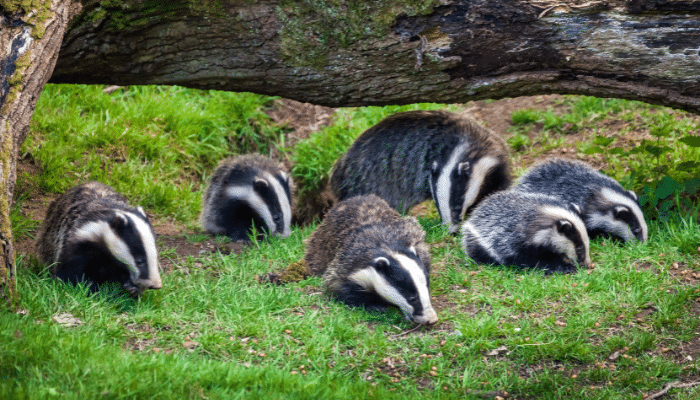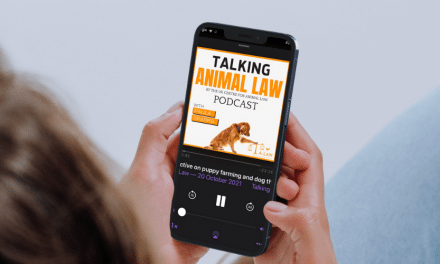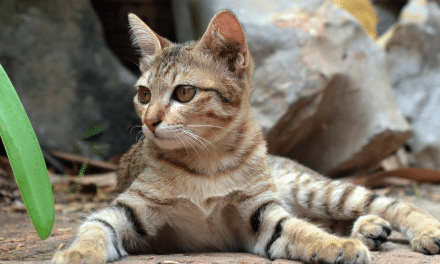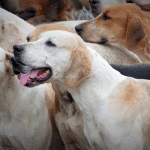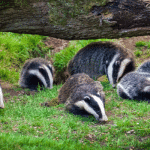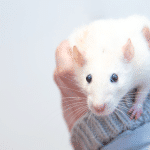Betteshanger Country Park in Deal, Kent is a testament to the positive environmental impact a community can have when they come together to reimagine and revitalise land impacted by years of industrial use.
Betteshanger Country Park is a 250-acre ‘rewilded colliery site’ that boasts a variety of wildlife including rare birds, beavers, bats, as well as numerous flora and fauna, some of which are rare and listed on the Kent Rare Plant Register. Other species of wild animal include Euarsian Beavers, different types of bats, grass snakes which are protected against persecution through destruction or damage to habitats in England pursuant to the Conservation of Habitats and Species Regulations 2010. Other species present in Betteshanger include water voles, which are protected pursuant to the Natural Environment and Rural Communities Act 2006 and their conservation status must be taken account of when making planning decisions.
Unfortunately, this rich biodiverse habitat is under threat. The proposed commercial development includes a hotel and surfing lagoon. It is suggested that the impact will be significant, destroying years of conservation work and along with it the rare and vital wildlife that thrive on this land. Planning permission for such development would need to be granted pursuant to the Town and Country Planning Act 1990, which allows the local planning authority in Kent to decide whether or not to permit such development.
The Friends of Betteshanger along with other conversation charities, academics, and supporters are working to raise awareness and funds to ‘…use all legal means necessary to defend and protect both flora and fauna…’. The money raised will cover legal costs related to consulting with experts and reviewing legal options to indefinitely ‘protect and preserve’ this biodiverse wildlife sanctuary. Such options include application for designation of the Betteshanger Country Park as a site of special scientific interest (SSI), which if granted would require the planning permission to be accompanied by an Environmental Impact Assessment submitted to the local planning authority. Under the Wildlife and Countryside Act 1981 planning authorities are also required to avoid damage to SSIs and further their conservation and enhancement, factors which would influence their decision to grant or refuse planning permission in the case of Betteshanger, were it receive SSI status. Other options include making submissions in the planning permission process along with consideration of the impact on the protected species discussed above.
To learn more and support the work of the Friends of Betteshanger Country Park visit their website. To pledge your support through a donation, visit their fundraising campaign on crowdjustice.com.

About the author:
Nicole is studying law at the University of Leicester and is interested in issues related to human and animal rights, as well as immigration and employment law. Nicole is a contributing author with the UK Animal Law Center blog.

